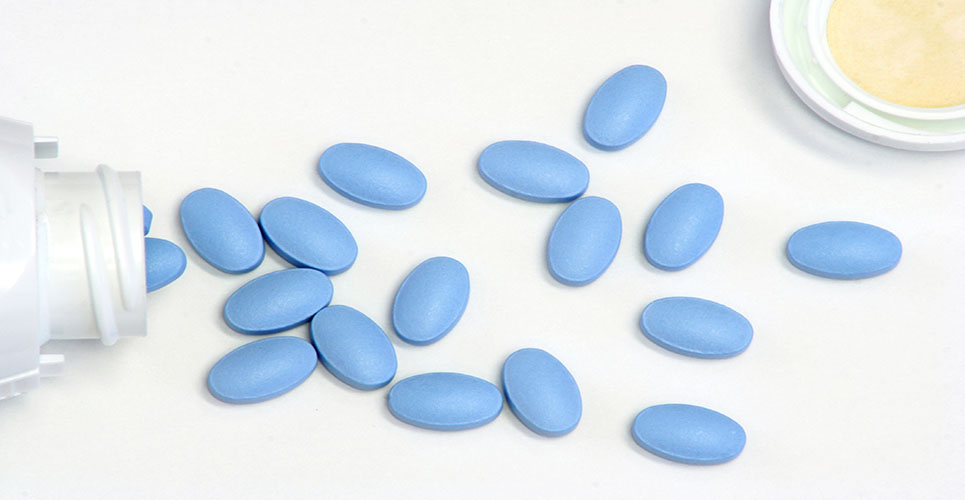Lundbeck has presented results about sexual functioning from a head-to-head study of Brintellix® (vortioxetine) versus escitalopram in patients with well-treated major depressive disorder (MDD) experiencing treatment-emergent sexual dysfunction (TESD).
Sexual dysfunction, induced by treatment, affects patient’s quality of life and is a common reason people taking antidepressants may choose to be less compliant with their treatments and then potentially experience relapse of depressive symptoms.
Lundbeck has presented results about sexual functioning from a head-to-head study of Brintellix® (vortioxetine) versus escitalopram in patients with well-treated major depressive disorder (MDD) experiencing treatment-emergent sexual dysfunction (TESD).
Sexual dysfunction, induced by treatment, affects patient’s quality of life and is a common reason people taking antidepressants may choose to be less compliant with their treatments and then potentially experience relapse of depressive symptoms.
The results demonstrated that patients treated with Brintellix (n=169) experienced a statistically significant improvement, with a mean treatment difference of 2.2 points (95% confidence interval [CI] 0.48–4.02) in the Changes in Sexual Functioning Questionnaire short-form (CSFQ-14) total score after 8 weeks of treatment (p=0.013; mixed-effects model repeated measures approach [MMRM]) compared with escitalopram (n=179). The CSFQ-14 is a recognized clinical and research instrument identifying five dimensions of sexual functioning and yields scores for three phases of the sexual response cycle.
Prior to initiating the study medication, the patients were already in partial or full remission from their depression, and they maintained or slightly improved their depressive symptoms in both treatment groups after 8 weeks, as measured by the Montgomery-Åsberg Depression Rating Scale (MADRS) total score and the Clinical Global Impression Severity and Improvement scales (CGI–S/I). The adverse event profile for Brintellix was similar to that seen in previous trials, with nausea, headache and dizziness being the most common side effects observed.
Four hundred and forty-seven patients with recent major depressive episodes who had responded to selective serotonin reuptake inhibitor (SSRI) monotherapy – citalopram, paroxetine and sertraline (single treatment medication) – but were experiencing treatment-induced sexual dysfunction were randomised to the study. Their previous treatment was discontinued and patients were switched to flexible doses of Brintellix 10–20 mg/day or escitalopram 10–20 mg/day for 8 weeks (although the dose was fixed at 10 mg for week one and 20 mg for week 2 of treatment). The dose of Brintellix or escitalopram could be adjusted after week 2, 4 or 6, as judged by the investigator. The primary endpoint was change from baseline to week 8 in the CSFQ-14 total score using MMRM.
The FDA approved Brintellix on September 30, 2013 for the treatment of MDD in adults. Brintellix was also approved in December 2013 by the European Commission for the treatment of adults with major depressive episode commonly referred to as depression. More recently, the Australian Therapeutic Goods Administration (TGA) approved Brintellix for the treatment of MDDs in April 2014.

